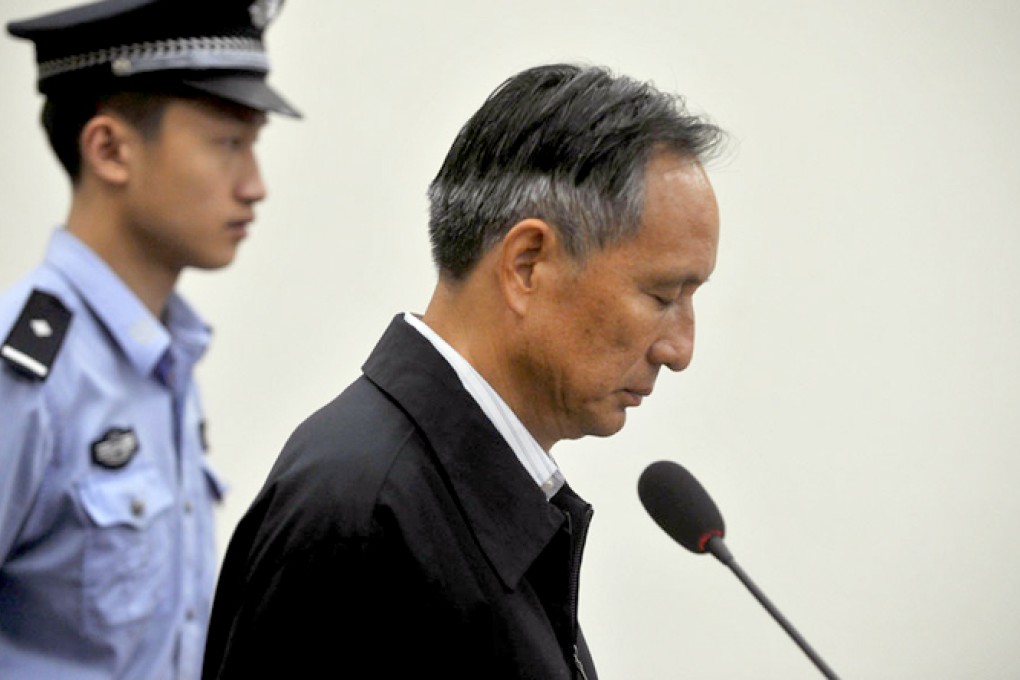Fraud in academia is killing China's Nobel dream
Zhou Zunyou says accusations against a Fudan professor show need to enforce code of conduct

Late last month, it was reported that the academic committee of Shanghai's Fudan University had finished its second investigation into the plagiarism accusations against Wang Zhengmin, a professor of otology there. Fudan stood by its previous findings that the claims of academic misconduct are untenable.
Wang is also an academician at the Chinese Academy of Sciences, a prestigious body of Chinese scientists. Since 2012, there have been accusations that he plagiarised others in his bid for membership of the academy.
Fudan University published its first investigation report last August, declaring that the publications in question involved academic "irregularities" rather than "misconduct". However, when CCTV's exposure of the scandal last month triggered a new round of media coverage, Fudan carried out its second investigation.
Despite Fudan's denial of misconduct, many academics and commentators seemed convinced otherwise. Their view was reinforced when four of the seven senior academics who had backed Wang in his bid for membership at the academy publicly urged the academy to disqualify him.
While academic misconduct also occurs in other countries, it appears rampant in scientific research in China, for at least two major reasons.
First, mainland China uses an evaluation system that emphasises the number of academic publications rather than their quality. Research grants, career advancements and other perks are generally dependent on statistics-driven standards. These standards, however, have brought adverse consequences.